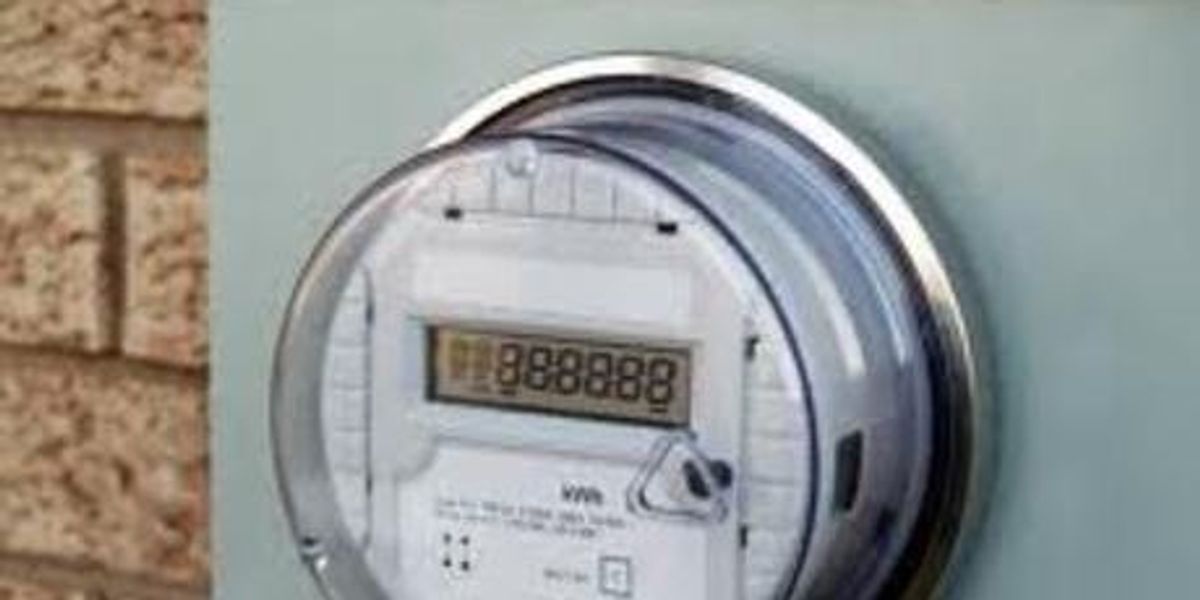Two weeks ago California's Public Utilities Commission authorized PG&E to allow its customers to decline installation of smart meters. Smart meters have been widely controversial, partly because of concerns about privacy and security--the meters could provide a window into what customers are doing in real time and make homes vulnerable to break-ins and theft, for example. In PG&E's plan, "PG&E customers who want to opt-out of smart meters will be required to pay a one-time $75 fee and a monthly charge of $10. Low-income customers will pay an initial fee of $10 and a monthly charge of $5," reports the San Jose Mercury News.
So far it appears that only a small fraction of PG&E's customers are taking the opt-out, less than one hundredth of a percent, according to the Mercury News. If, however, a much larger fraction were to reject what's called in the industry Advanced Metering Infrastructure or AMI, the implications for customers generally would be quite negative. For one thing, AMI can give utilities the ability to immediately detect and scope distribution-level outages, on the basis of "last gasp" communications from meters. That is, when a meter loses power and stops communicating, the utility knows that the meter's particular location is suffering an outage.
For another thing, AMI would enable utilities to provide customers real-time feedback about their energy consumption, and suggestions about what they might do to reduce their electricity costs. The general idea is to employ data mining techniques in order to analyze electricity consumption data and to identify patterns of interest to utility companies and their customers, as explained in the latest issue of the IEEE Smart Grid eNewsletter. By associating activities with energy use and costs, intelligent systems can be devised to automatically control home environments so as to improve energy efficiency and cut expenses,



